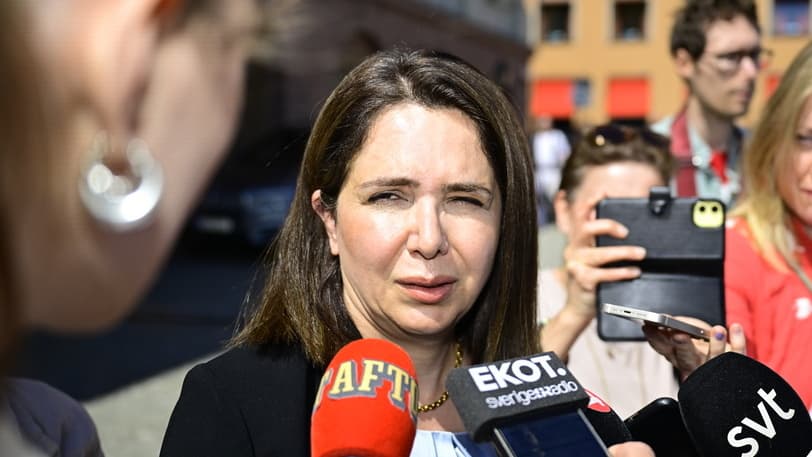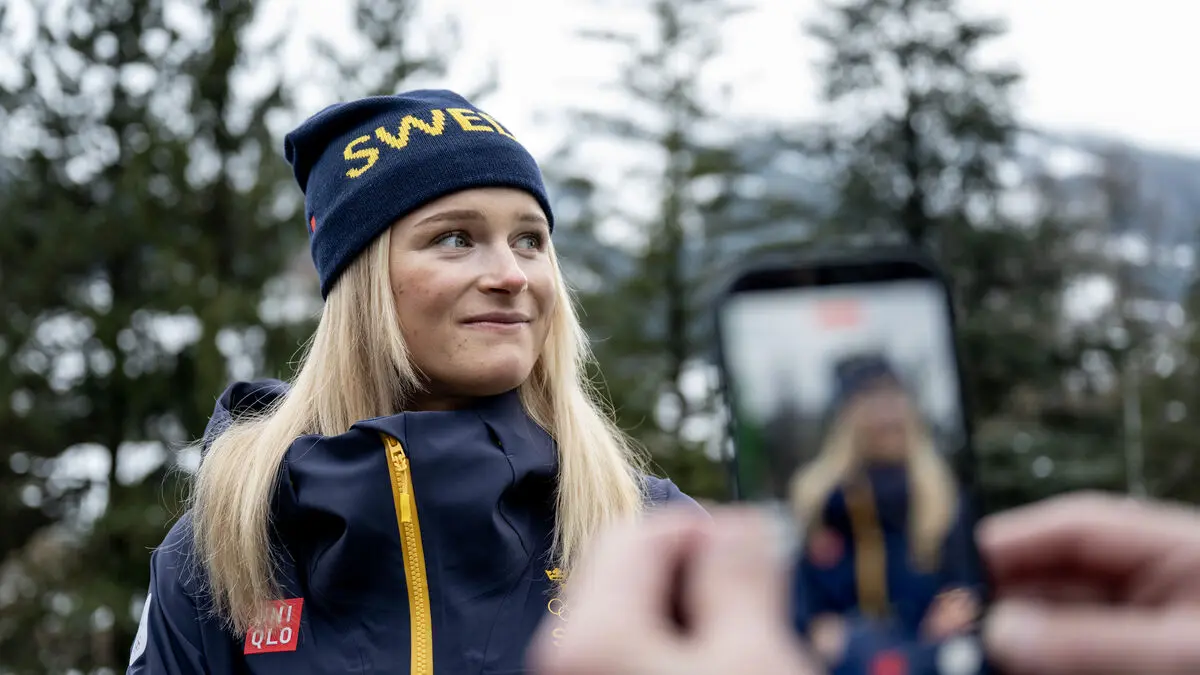Two Swedes were released, but researcher Ahmadreza Djalali remained in prison in Iran.
Today, his wife Vida Mehrannia met Foreign Minister Tobias Billström (M).
They released a mass murderer and exchanged two people, but they didn't even call us, she says.
When Johan Floderus and Saeed Azizi were released, the imprisoned Swedish-Iranian researcher Ahmadreza Djalali was not included in the prisoner exchange, where Sweden released Hamid Noury, who was sentenced to life imprisonment for war crimes.
This is something that Djalali's wife Vida Mehrannia questions a lot.
Earlier, I thought they were following this case closely. But now that two Swedes, like several other EU prisoners, have been released, I'm not sure about that anymore. I'm devastated, she says.
The same thing every meeting
On Tuesday, she had a previously scheduled meeting with Foreign Minister Tobias Billström at the Ministry for Foreign Affairs. After the meeting, she is disappointed.
I asked Tobias Billström why Ahmadreza's case is special. But I got no answers. They have no explanations, she says and continues:
Advertisement
I asked them what they have done. They said, as always, that they are following his case. They say the same thing at every meeting, but after eight years and three months, nothing has happened.
She is critical of the government not contacting her in connection with the prisoner exchange.
We got all the information through the media. They released a mass murderer and exchanged two people, but they didn't even call us. It's such a heavy and difficult situation, she says.
Vida Mehrannia has previously demanded a meeting with Prime Minister Ulf Kristersson (M) but says she has not received any response from the government regarding this.
"Exactly everything"
For seven days now, Ahmadreza Djalali has been on a hunger strike in prison. According to Vida Mehrannia, he is in poor condition.
His pulse is weak, he has stomach problems and suffers from several diseases, she says.
Tobias Billström writes in a comment to TT that he has great understanding for the desperation Djalali's relatives feel.
"The family has the government's deepest sympathies", he writes and continues:
"The government and the security service did everything to get Djalali home together with Floderus and Azizi. Unfortunately, Iran did not want to discuss him at all, since they do not recognize dual citizenship and instead consider Djalali to be solely an Iranian citizen".
He does not want to go into any details about what was said during the meeting.






